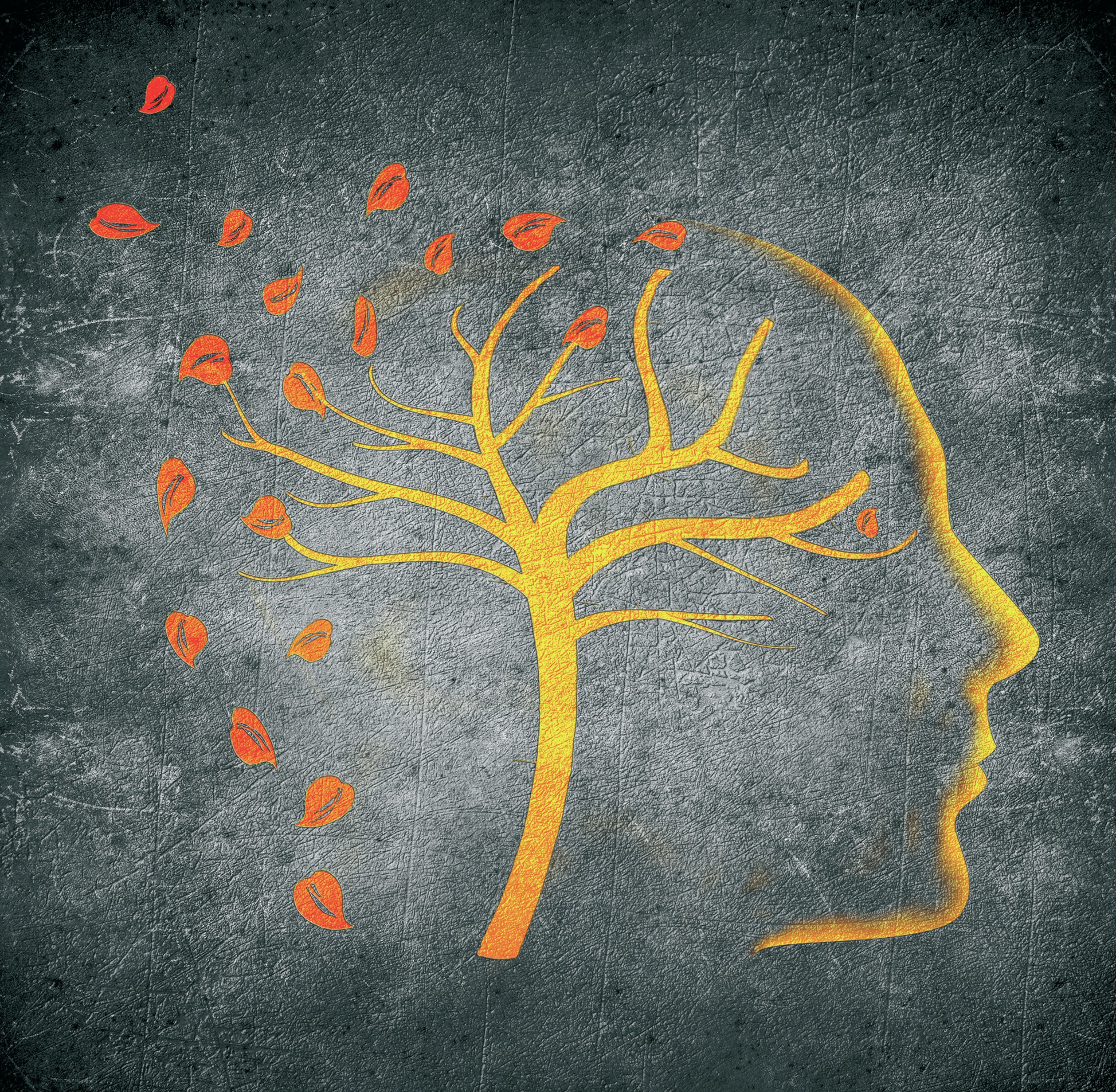
It might seem self-evident that a lyric poet like Seamus Heaney should draw on his own personal memories in his writing. ‘Digging’, the first poem in Heaney’s first collection, Death of a Naturalist (1966), exemplifies this in the extreme. The young, self-conscious writer looks back to his father and grandfather, and writes himself out of the family tradition by choosing the pen and not the spade for his own working life. Throughout his career Heaney summoned and remembered figures and aspects of his own life: from his first childhood poems in Death of a Naturalist; to the marriage poems of Field Work; the ‘Clearances’ sonnets in memory of his mother in The Haw Lantern (1987); the poems remembering his father in Seeing Things (1991); right up to the poems in his final collection, Human Chain (2010), which explore recent memories of the stroke he suffered in 2006, and more distant experiences from his youth.
But memory in Heaney’s poetry is not just personal: he was an allusive writer, and also a translator, deeply engaged in the literary past. His versions of Sophocles’ Ancient Greek tragedies, his translation of the Old English poem Beowulf, and the frequent returns to Virgil and to Dante are all in themselves acts of memory. Through allusion and translation, Heaney remembers different aspects of the literary traditions — Irish, English and classical — which he inherited. Importantly too, Heaney was a responsible and a responsive writer, consistently preoccupied by events in his own time and place — Northern Ireland in the latter decades of the twentieth century — and concerned to commit shared experiences, and shared losses, to his poetry in adequate, careful, lasting ways.
Your organisation does not have access to this article.
Sign up today to give your students the edge they need to achieve their best grades with subject expertise
Subscribe




